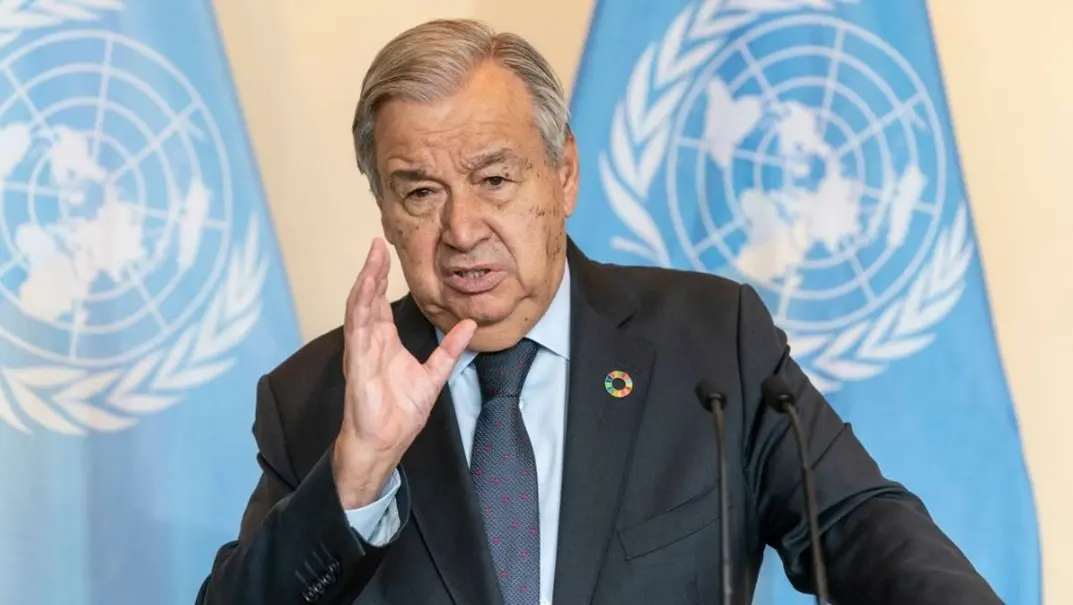8 Feb 2023
Racing Against Time: Climate Action in Crisis
Climate change is a global reality that is growing more urgent by the minute, particularly for developing countries which research has shown are the most affected and expected to continue being the most affected by climate change. Globally, the last eight years have been the warmest on record with parts of the world experiencing unprecedented summer temperatures and prolonged heatwaves. Nearing the end of 2022, a consortium of international organizations issued a statement about the severity of the longest drought in the history of Horn of Africa which is creating a rapidly deteriorating food security crisis in Somalia, Kenya and Ethiopia. The world is also witnessing a higher frequency of natural disasters such as the extreme rainfall and flooding that had a devastating impact on countries such as Pakistan where 33 million people were displaced. Pakistan, which is responsible for less than 1% of global greenhouse gas emissions, now has to spend an estimated $16 billion on reconstruction, half of which have been pledged by foreign donors.
The reality that many of the countries with the lowest carbon emissions are now facing the highest level of vulnerability makes the climate issue global not only in it terms of impact but also in terms of responsibility and action. Accordingly, plans to alleviate and reverse the effects of climate change are already underway and being led by developed nations who have the capacity to adapt and provide assistance to developing nations through climate finance. However, as climate change and its effects accelerate and targets are repeatedly missed, it has become necessary to reevaluate the effectiveness of the current course of climate action to identify the most significant hindering factors.
